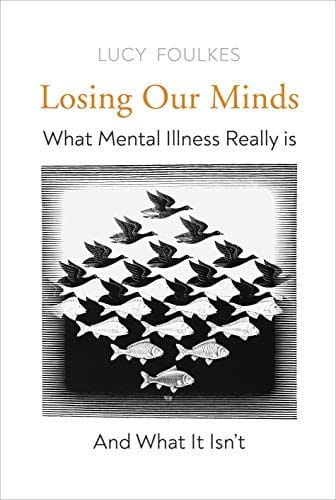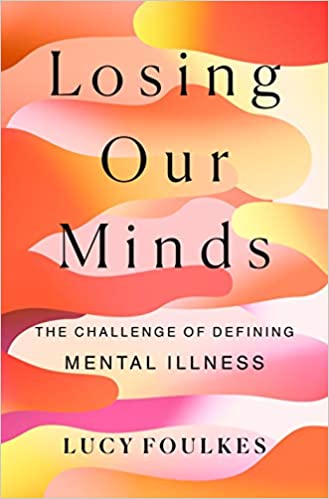My Books
What people are saying
A must-read for anyone wondering about the state of the nation's mental health, this straightforward and fascinating book is extremely useful at a time when more and more people seem to be suffering mentally but we are still unsure how to define mental illness and what we can do about it.
Jo Brand
In this captivating book, Lucy Foulkes writes exquisitely well about this complex subject, from societal and cultural norms to common misunderstandings and the most recent evidence about what causes mental illness and how to treat it. Engaging and lucid, her book illuminates a subject relevant to all of us.
Sarah-Jayne Blakemore, author of Inventing Ourselves, Professor of Psychology and Cognitive Neuroscience
This beautifully written and compassionate account, backed by state-of-the-art scientific evidence, delivers an important message: there is far more variation in the state of our mental health and far more complexity in the diagnosis of mental illness than we tend to believe. This book is needed urgently so that we can examine fears of a tsunami of mental health problems, especially in the light of the current pandemic. Anyone touched by such problems will find much helpful practical advice.
Uta Frith, Professor Emeritus of Cognitive Development
This wonderful book offers an amazingly readable and cutting-edge scientific account of mental illness and its relation to the stresses many young adults experience as well as the language we use to talk about ourselves.
Matthew Broome, Professor of Psychiatry and Youth Mental Health
Losing Our Minds communicates complex research findings on mental illness with unusual clarity and compassion, and without oversimplifying or shying away from the difficult questions. Everyone who either lives with or knows someone with mental illness should read it. In other words, everyone should read it.
Essi Viding, Professor of Developmental Psychopathology


